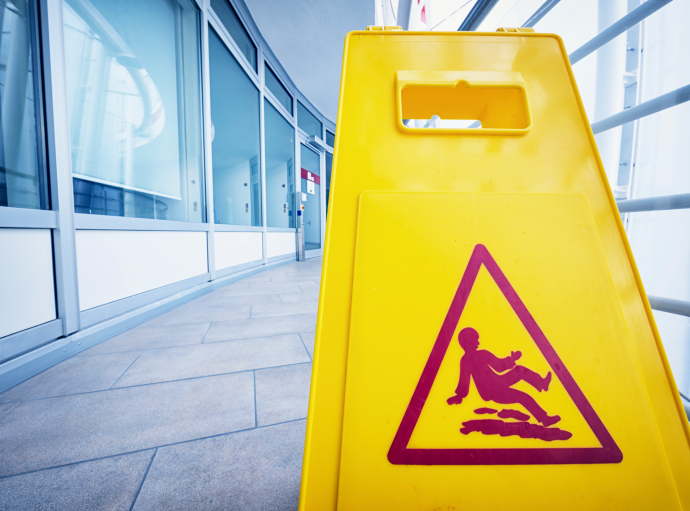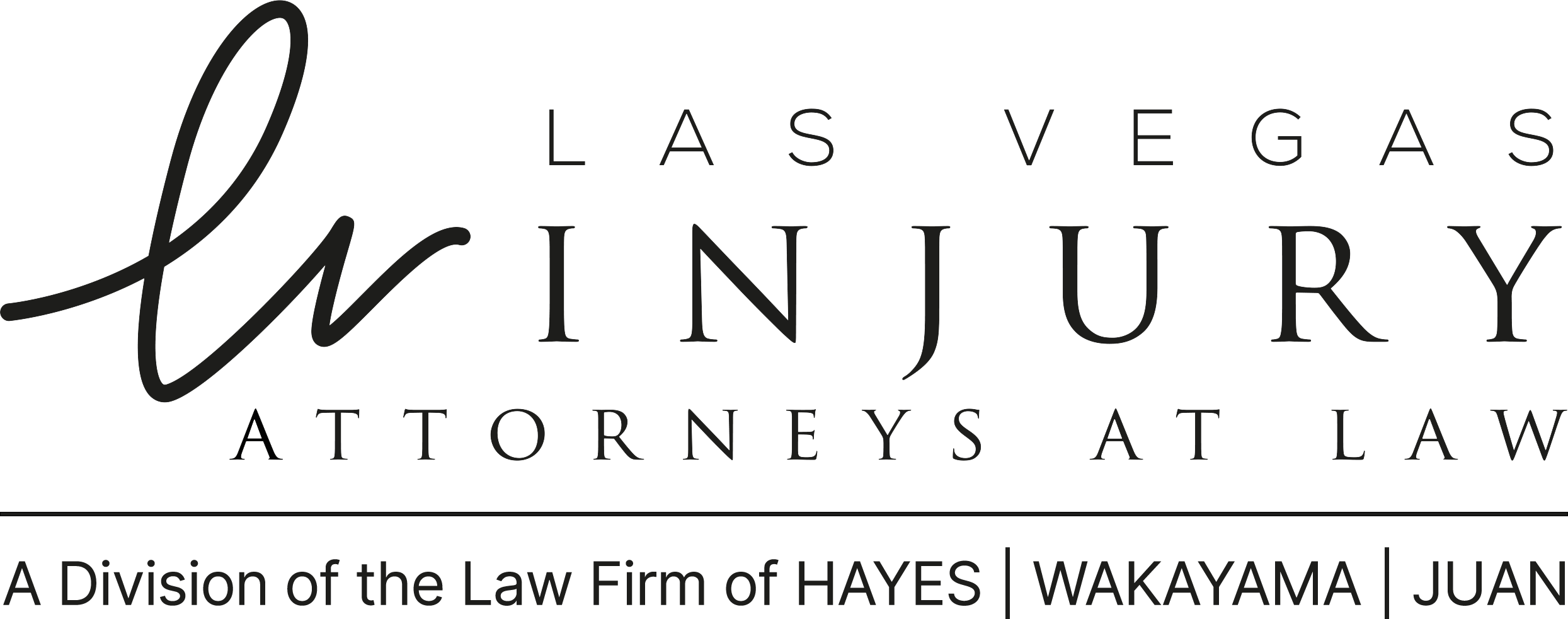Premises Liability

Premises liability is a legal concept that usually involves personal injury cases where the injury was caused by some type of unsafe or defective condition on someone’s property. Although premises liability cases are categorized separately from auto accident cases, the legal theory for recovery is usually the same (negligence). Thus, to recover in a premises liability case a plaintiff must establish that the property owner owed the plaintiff a duty of care, that the property owner breached that duty and that the breach resulted in the plaintiff sustaining injuries. More succinctly stated, the plaintiff must establish that the negligence of the property owner caused the plaintiff to sustain an injury. In Nevada, property owners are required to exercise reasonable care with respect to the conditions, maintenance and upkeep of their property. If the property owner fails to exercise reasonable care and such failure causes damages, the plaintiff would be entitled to recover compensatory damages in much the same fashion as a plaintiff in an auto accident case.
However, it is important to emphasize that you are not entitled to recovery simply because you were injured on somebody else’s property. In fact, you may even be barred from recovery even where you were injured as a result of an unsafe condition on somebody else’s property. In premises liability cases, the plaintiff must establish that the property owner knew or should reasonably have known that the premises were in an unsafe condition and still failed to take proper steps to remedy the situation. For example, you might think that a person who slips on spilled cooking oil and breaks bones in a super market would have a “slam dunk” premises liability case against the property owner. Consider the following two scenarios:
Scenario A
Super market has thorough policies concerning cleaning, upkeep and aisle inspections. Specifically, employees are required to mop the aisles and/or inspect the same every 15 minutes. They are further required to document the foregoing in a daily log book. Customer enters Aisle G and drops olive oil bottle at 12:02 p.m. Bottle shatters and oil spills all over the floor. Super market employees had not cleaned or inspected Aisle G since 7:00 a.m. Plaintiff walks down Aisle G at 12:36 p.m., slips in the oil and breaks her ankle and arm in the process.
Scenario B
Same super market; same policies. Once again customer enters Aisle G and drops olive oil bottle at 12:02 p.m. Bottle shatters and oil spills all over the floor. Super market employees had cleaned and/or inspected Aisle G and documented the same every 15 minutes per company policy. Plaintiff walks down Aisle G at 12:03 p.m., slips in the oil and breaks her ankle and arm in the process.
The two above scenarios illustrate the difference between acting reasonably and not. The only difference between the two scenarios is the way the employees (and consequently property owner) conducted themselves. The store is the same; the policies are the same; the dangerous condition is the same; and the injuries are the same. The only difference is the negligence, or degree thereof, of the two stores. While a jury might certainly find the store in Scenario A negligent and liable for the plaintiff’s injuries, the same jury would likely be far less inclined to find the store in Scenario B to be negligent. Would it be reasonable for the law to require super markets to inspect its aisles as often as every 60 seconds?
Premises liability cases implicate much more than negligence and notice issues for property owners. Operating inherently dangerous activities, permitting inherently dangerous conditions or permitting dangerous conditions that are “attractive” to minors can also trigger liability. Premises liability cases also encompass a vast area of cases including:
- slip and fall cases;
- snow and ice accidents;
- inadequate maintenance of the premises;
- defective conditions on the premises;
- inadequate building security leading to injury or assault;
- elevator and escalator accidents;
- dog bites (dangerous animal attacks);
- swimming pool accidents;
- amusement park accidents;
- fires;
- water leaks or flooding;
- blasting;
- construction site accidents; and
- toxic fumes or chemicals.
If you or a loved one has been injured on somebody else’s property, please contact an experienced Nevada Premises Liability Lawyer to discuss your case for a FREE and CONFIDENTIAL consultation. Here at Hayes Wakayama Juan we promise that you will meet with one of our expert Las Vegas personal injury lawyers who is a seasoned premises liability attorney. We also accept Henderson Premises Liability cases, Summerlin Premises Liability cases, Green Valley Premises Liability cases, Casino Premises Liability cases, Hotel Premises Liability cases as well as North Las Vegas Premises Liability cases. Contact our Las Vegas personal injury lawyers today to get started!
